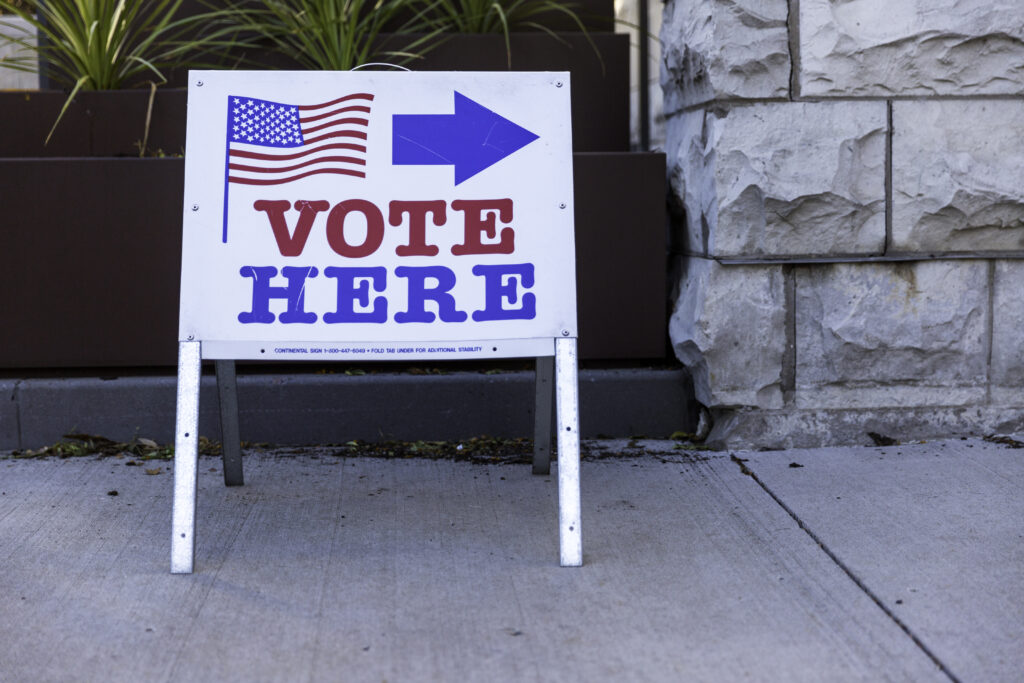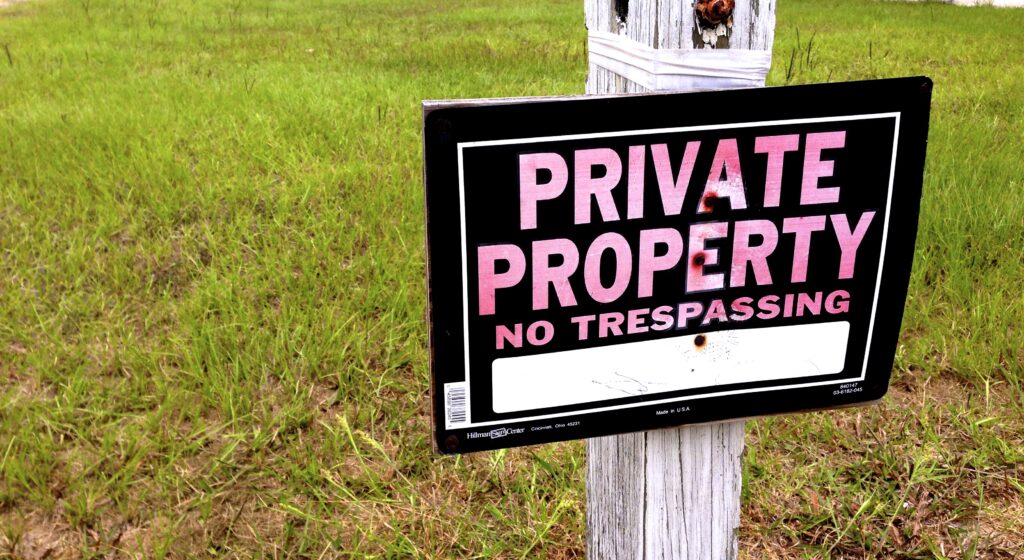Lawmakers in Congress are considering prohibiting federal government agencies from using lawsuit settlements to promote political goals and enrich friendly outside groups.
Representatives of foreign automobile manufacturer Volkswagen pled guilty in March to charges of falsifying testing data to meet U.S. Environmental Protection Agency requirements, agreeing to pay at least $1.5 billion in civil penalties, plus criminal fines.
The company will be forced to contribute up to $2 billion to third parties uninvolved in the lawsuit, to be used for promoting the adoption of zero-emissions automobiles.
The final details of the settlement will be released in April, but a bill under consideration in the U.S. House of Representatives would block the federal government from using similar lawsuit settlements to enrich outside organizations in the future.
House Resolution 732, the Stop Settlement Slush Funds Act, would prohibit the federal government from using lawsuit settlement punishments to fund pet causes or political organizations.
The bill would require government officials, such as those in the U.S. Department of Justice (DOJ), to direct lawsuit settlement payments to recompense victims of defendants’ actions or to the federal government’s general fund.
Stopping ‘Seedy’ Settlements
Paul Larkin, a senior legal research fellow at The Heritage Foundation, says the bill would stop the government from striking “seedy” settlement deals with defendants.
“It requires government lawyers to deposit into the federal Treasury all monies they receive as a result of a settlement or some other activity,” Larkin said. “The government is engaging in a certain seedy way of trying to technically avoid that by telling the settling party, ‘You don’t need to give all that to me. You can give it to a third party.’
“That’s an out-and-out sham,” Larkin said. “That’s what the law would recognize as a sham.”
Larkin says settlement slush funds are “unjust” and “unlawful.”
“If I sold you heroin and I said, ‘You don’t have to give the $10,000 to me; you can give it to my associate,’ I would still be liable for that $10,000 for the transaction that was involved, because I had control over what happened to it, even if I never got my mitts on it,” Larkin said. “So, at the outset, it’s really quite unlawful what they’re doing, and unjust for that reason.”
Backdoor Budgeting
Larkin says executive branch agencies such as DOJ and the Environmental Protection Agency are infringing on lawmakers’ authority to determine how money is appropriated.
“All the people making these decisions about who should get money are not elected officials,” Larkin said. “The law doesn’t give the administration, whether it’s Republican or Democrat, a bag of money that it can pass out as it likes.”
Profit Motive, Not Public Interest
Matt Webb, senior vice president of policy at the Institute for Legal Reform, says the settlement slush funds undermine the rule of law.
“These practices do not simply undermine the structure specified in the Constitution,” Webb said. “They also create perverse incentives for agency officials to pursue enforcement activities that are based not on the public interest but on the individual officials’ narrow private interests in obtaining funds for favored private entities. Permitting federal and state enforcement officials to steer funds to third-party organizations allows the profit motive to replace the public interest and undercuts legislative spending authority.
“Agencies should not be allowed to fund pet projects and special-interest groups outside of the appropriations process,” Webb said.




